Iraq US-UK Invasion Anniversary: The Key Players Ten Years On
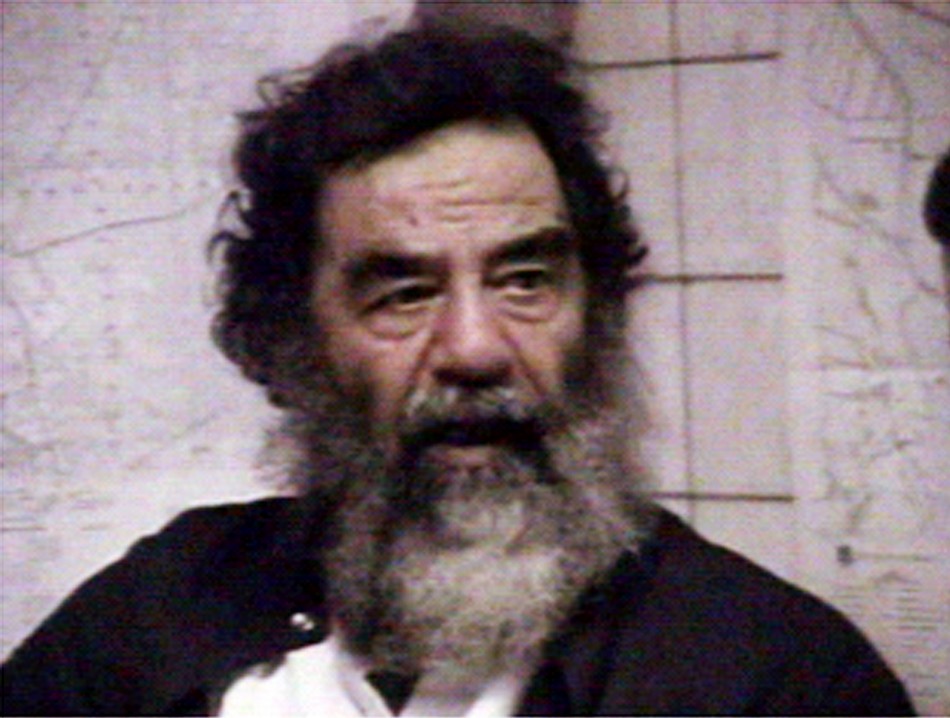




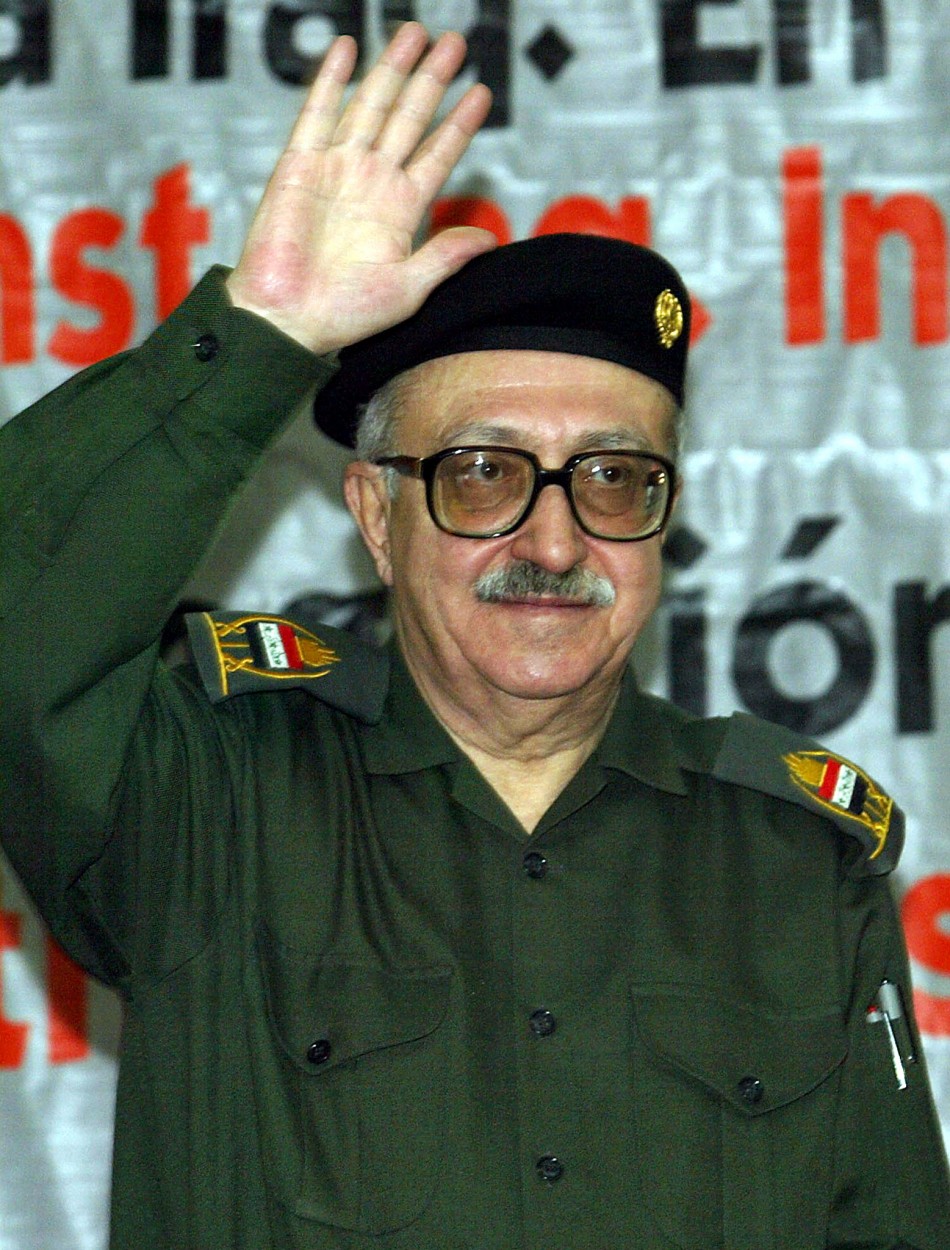
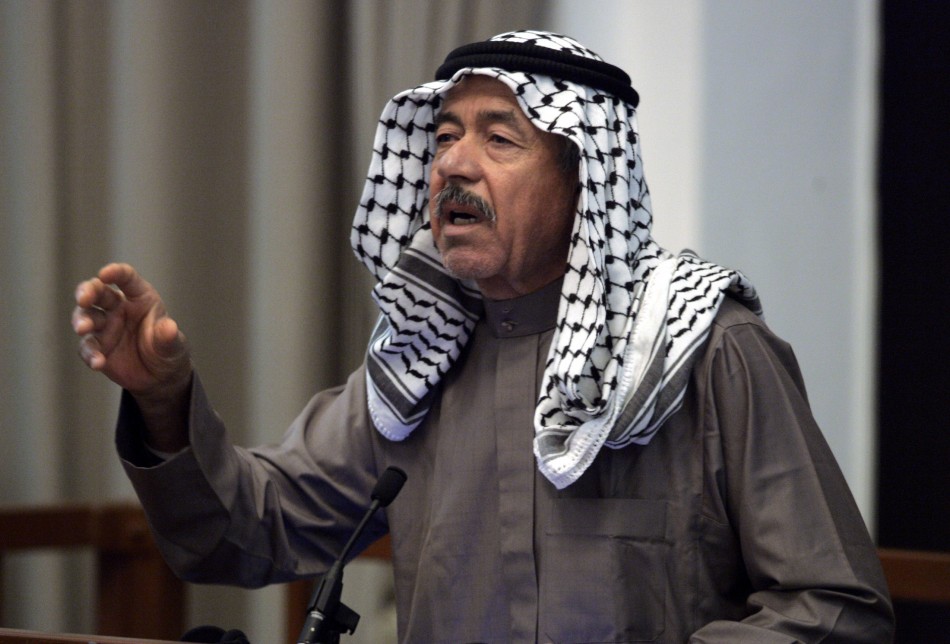
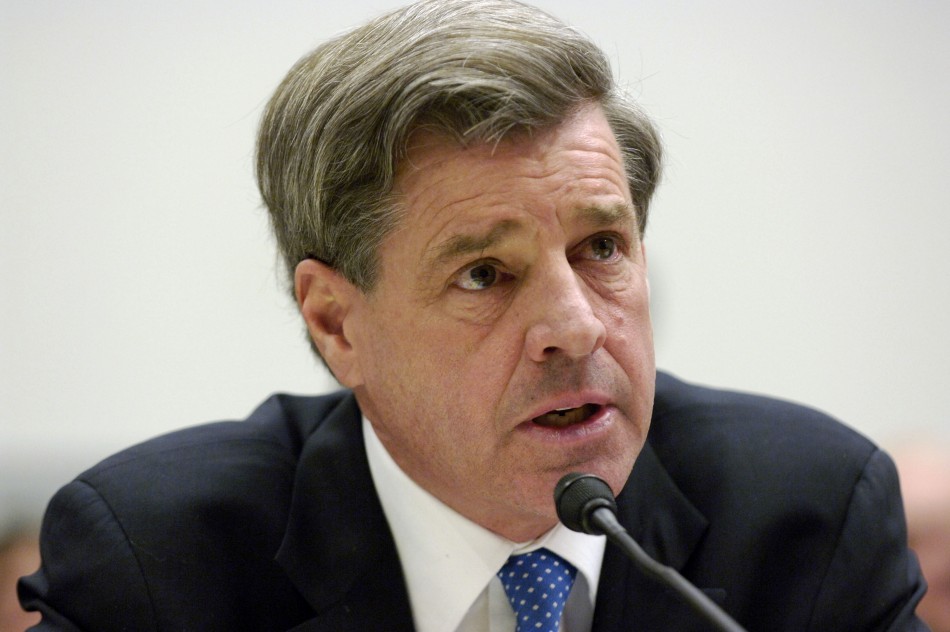
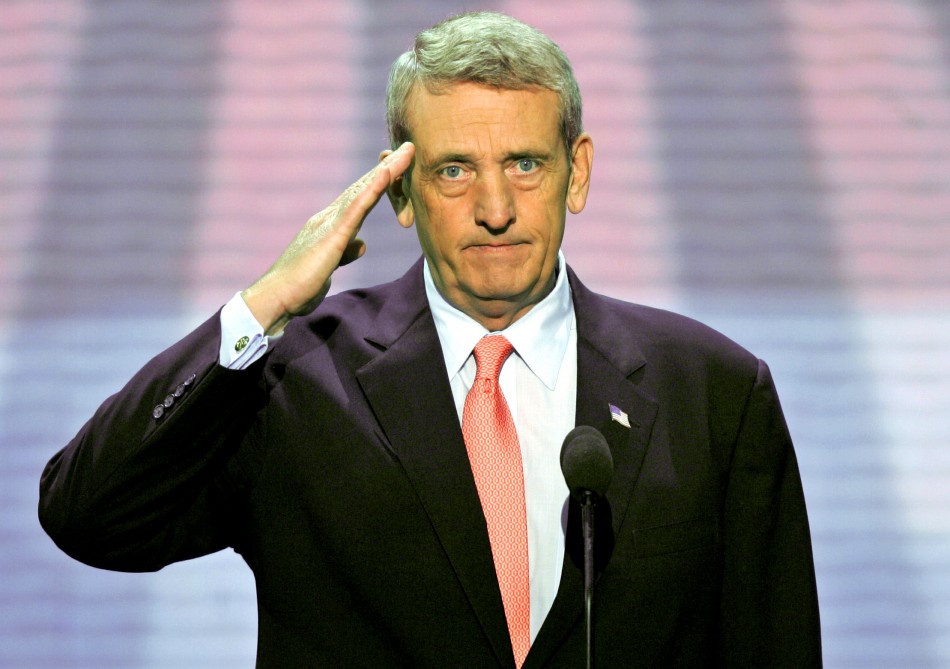
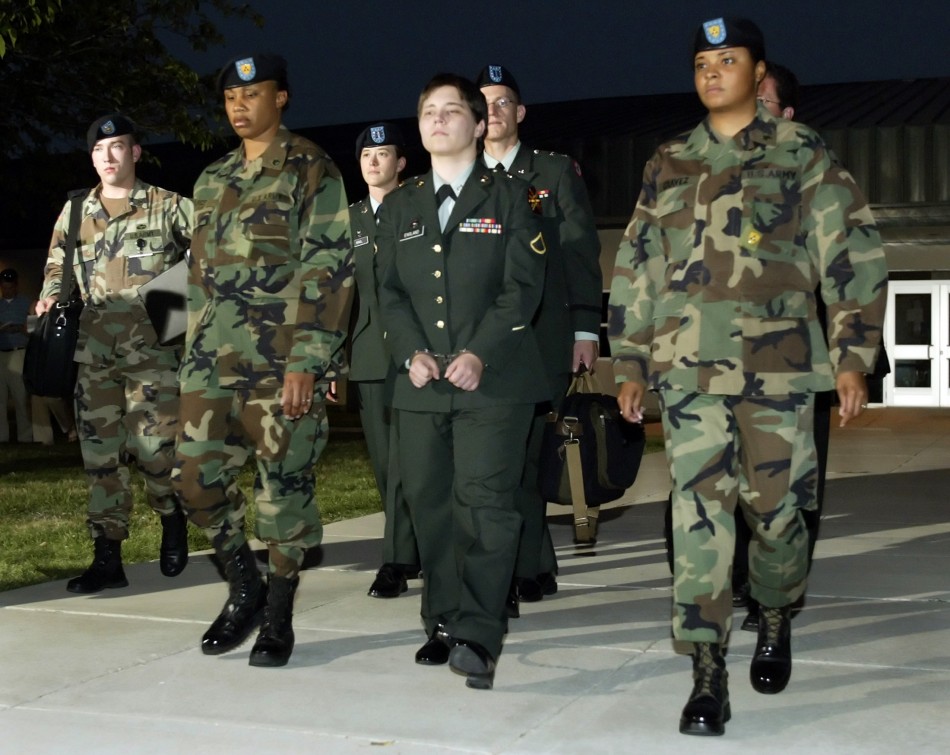

Ten years after Anglo-American troops invaded Saddam Hussein's Iraq, the country is still enveloped by violence.
An average of 300 people a month are killed in sectarian clashes, the latest being a series of car bombs which ripped through Baghdad to make the invasion's anniversary earlier today.
Iraq's many troubles are no longer a day-to-day concern for the main actors of the conflict, as 10 years on, most of them have died, been imprisoned or arrived at their careers' twilight. However some of the key protagonists remain haunted by the controversial war.
George W. Bush
Former US president George W. Bush took on the war of his father, and led the battle against one of the three members of what he called "the axis of evil," alleging Saddam Hussein's regime was developing weapons of mass destruction.
On 1 May 2003, he declared "mission accomplished" on a televised speech aboard US aircraft carrier Abraham Lincoln. At the time Hussein was still at large. US troops stayed on Iraqi soil until December 2011.
Bush's second term as President ended two years earlier and the Texas-raised man, now 65, has entered the international conference ring as a speaker since. He reportedly spends most of his time between his Dallas mansion and his 1,600-acre ranch in Texas. He also gives vent to his passion for painting.
Tony Blair
Britain's former Prime Minister Tony Blair stepped down in 2007 to become a Middle East peace envoy.
Blair has always defended Britain's invasion of Iraq, probably the most controversial decision of his ten-year-rule.
Speaking to the BBC on the tenth anniversary of the invasion, Blair insisted Saddam Hussein was "a monster who created enormous carnage" and was '20 times as evil' as Syria's pariah leader Bashar al-Assad.
"If Saddam had still been in power, there would have been, probably, an uprising amongst his people," Blair, 59, said.
"But I think it would look a lot more like Syria and probably a lot worse than Syria.
"And that's why, when people say to me, 'do you regret removing him', my answer is 'no - how can you regret removing somebody who was a monster, who created enormous carnage - not just amongst his own people but amongst the people of the region."
Saddam Hussein
President of Iraq from 1979 to 2003, Hussein was found in a farmhouse in ad-Dawr, near Tikrit, where he was hiding following the US-led invasion in December 2003.
Tried for crimes against humanity by an Iraqi tribunal, the dictator was found guilty and subsequently hung on the first day of Muslim feast of sacrifice Eid ul-Adha on 30 December 2006.
"[Hussein] was a cancer in the Middle East," commented former US Secretary of State Condoleezza Rice in 2011.
Ali Hassan Abd al-Majid al-Tikriti
The king of spades in the US set of playing cards bearing Iraq's most wanted men, Ali Hassan Abd al-Majid al-Tikriti was the director of the Iraqi intelligence service at the time of the invasion.
Nicknamed Chemical Ali for ordering a gas attack on the Kurdish town of Halabja that killed 5,000 in 1988, al-Tikriti was captured by US forces in August 2003.
He was found guilty of genocide and crimes against humanity, and executed by hanging in 2006.
Lynndie England
Former US army pte Lynndie England became the symbol of torture and abuse on Iraqi prisoners in the infamous Abu Ghraib prison in Baghdad.
The 30-year-old woman was portrayed holding a naked man on a leash, smiling with her thumbs up beside a pile of naked prisoners and in other dreadful poses that brought her in front of the US military court in 2005.
England was convicted on one count of conspiracy, four counts of maltreating detainees and one count of committing an indecent act.
She was one of 11 US soldiers convicted of crimes in relation to torture and prisoner mistreatment during the Abu Ghraib prison scandal.
She has been released halfway into a 36-month sentence and dishonourably discharged from the Army.
Tommy Franks
Tommy Franks, 67, was the four-star US general who led the invasion of Iraq. He retired a few months into the conflict, in July 2003.
On year later he published an autobiography titled American Soldier, and was awarded the Presidential Medal of Freedom by George W. Bush.
Tariq Aziz
Deputy prime minister of Iraq in 2003, Aziz, 76, was the diplomatic face of the regime.
He surrendered to American forces in April 2004, and has remained behind bars ever since.
Tired on different charges, he was convicted in connection with the persecution of religious parties and handed a death sentence by the Iraqi Supreme Court in 2010.
Reportedly seriously ill, Aziz is awaiting execution in Camp Cropper prison, western Baghdad.
Donald Rumsfeld
Secretary of defence under President George W. Bush, Donald Rumsfeld was one of the architects and most prominent advocates of America's global War on Terror.
"Freedom's untidy, and free people are free to make mistakes and commit crimes and do bad things," Rumsfeld famously said about the looting which took place in Iraq after the invasion. "Stuff happens," he added.
Rumsfeld attracted most of the criticism triggered by the post-war turbulence in Iraq, and the Abu Ghraib prison scandal, and was forced to resign in 2006, replaced by Robert Gates.
Now 80-year-old Rumsfeld has retired form political life and published a book entitled Known and Unknown: A Memoir, in 2011
Paul Bremer
Paul Bremer was the highest-ranking US diplomat in Iraq between 2003 and 2004, serving as director of the Coalition Provisional Authority and essentially running the country for 14 months.
He famously announced Saddam Hussein had been captured, saying "Ladies and gentlemen, we got him!"
Bremer is now free of official duties, and has published a book entitled My Year in Iraq: The Struggle to Build a Future of Hope. Like Bush, he spends part of his time painting.
Speaking to the Independent, Bremer has criticised the strategy adopted for the invasion.
"I did not expect such violence to break out after we arrived," Bremer said. "I assumed we would have adequate forces on the ground. We should have learned from Bosnia and Somalia that you have to have sufficient force on the ground to protect the people.
"It was a major strategic mistake. And it was knowable at the time."
Hans Blix
Swedish diplomat Hans Blix was the UN's former chief weapons inspector before the conflict.
Blix was tasked by the UN with assessing whether Saddam Hussein was rearming with WMDs, and his words were at odds with Bush and Blair's proclamations when Anglo-American troops invaded the country.
He said the conflict was a "tragic and terrible mistake."
"No target could have seemed more worthy of being crushed than Iraq's brutal dictator, Saddam Hussein. Sadly, however, the elimination of this tyrant was perhaps the only positive result of the war," Blix wrote for the CNN.
"The war aimed to eliminate weapons of mass destruction, but there weren't any."
"The war aimed to eliminate alQaeda in Iraq, but the terrorist group didn't exist in the country until after the invasion."
Blix is now chairman of an international advisory board for the United Arab Emirates.
© Copyright IBTimes 2024. All rights reserved.






